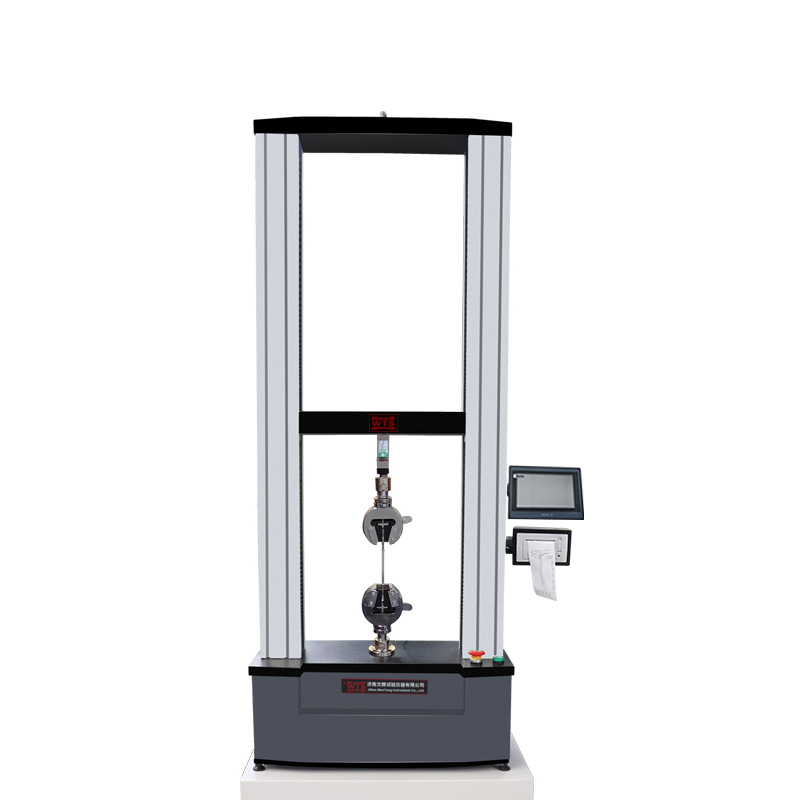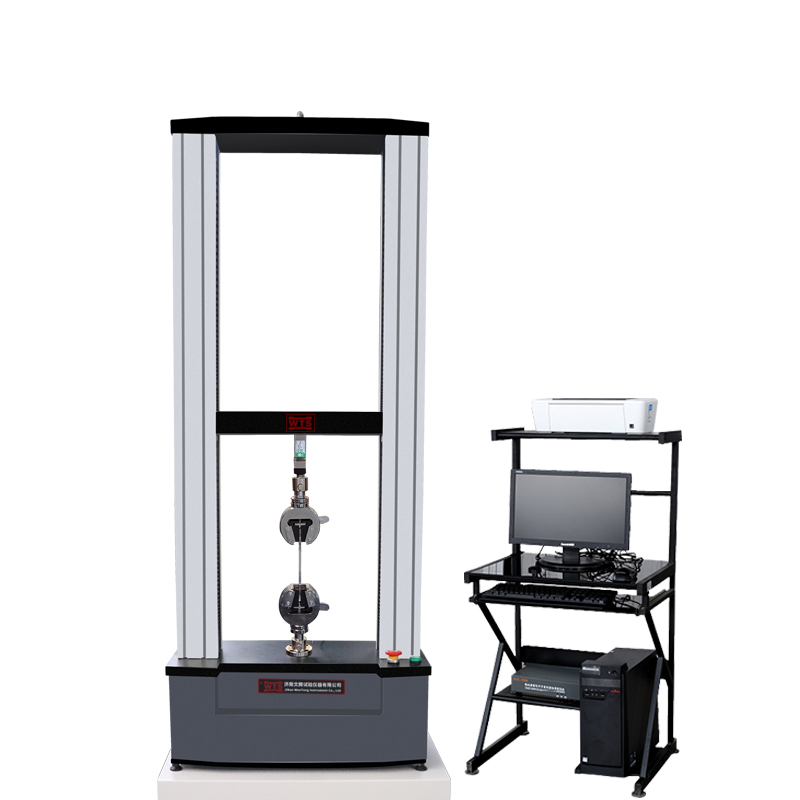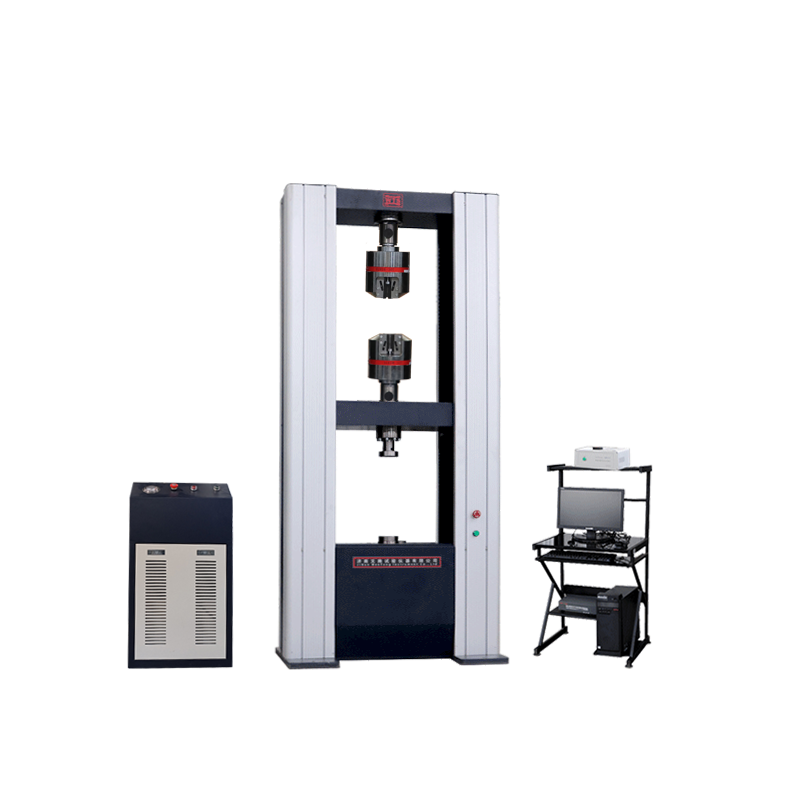When it comes to engineering, construction, and manufacturing, ensuring the strength, durability, and quality of materials is critical. This is where a Material Testing Machine comes into play. In this guide, we will explain what a material testing machine is, the different types available, how it works, and why it is essential in modern industries.
What is a Material Testing Machine?
A Material Testing Machine is a device used to evaluate the mechanical properties of materials under different forces and conditions. These machines help determine whether a material can withstand real-world applications such as tension, compression, bending, impact, or fatigue.
In simple terms, material testing machines are used to check:
Strength – How much force a material can resist
Elasticity – How much it can stretch or bend before breaking
Durability – How it performs over time under stress

Types of Material Testing Machines
There are several types of machines, each designed for specific testing purposes:
1. Universal Testing Machine (UTM)
The most versatile material testing machine
Performs tensile, compression, bending, and shear tests
Used for metals, plastics, composites, and construction materials
2. Hardness Testing Machine
Measures resistance to indentation or scratching
Common methods: Rockwell, Brinell, and Vickers hardness tests
3. Impact Testing Machine
Tests a material’s ability to absorb energy during sudden impact
Common types: Charpy and Izod impact testers
4. Fatigue Testing Machine
Determines how a material behaves under repeated cyclic loading
Important for automotive and aerospace industries
5. Creep Testing Machine
Measures material deformation over time under constant stress and temperature
Critical for high-temperature applications like turbines and boilers
Applications of Material Testing Machines
Material testing machines are used across many industries, including:
Construction – Testing steel, concrete, and wood for safety and strength
Manufacturing – Ensuring product quality in automotive, aerospace, and electronics
Plastics & Polymers – Evaluating tensile strength and elasticity
Metals & Alloys – Checking hardness, fatigue, and fracture resistance
Research & Education – Teaching material science in universities and labs

Why Material Testing Machines Are Important
Quality Assurance – Ensures materials meet safety standards and regulations
Cost Reduction – Prevents failures and recalls by identifying weak materials early
Product Development – Helps engineers design better and more reliable products
Safety & Compliance – Meets international standards such as ASTM, ISO, and EN
FAQs About Material Testing Machines
1. What is the difference between a Universal Testing Machine and a Material Testing Machine?
A Universal Testing Machine (UTM) is a type of material testing machine that can perform multiple tests, such as tensile and compression tests. In short, UTM is one category within material testing machines.
2. What industries use material testing machines the most?
They are widely used in construction, automotive, aerospace, plastic manufacturing, and metallurgy.
3. How do I choose the right material testing machine?
It depends on the material type (metal, plastic, soil, etc.) and the property you want to test (strength, hardness, fatigue, or impact resistance).
Final Thoughts
A Material Testing Machine is an essential tool in engineering and manufacturing. It ensures that the materials we use every day—from buildings and bridges to cars and smartphones—are safe, reliable, and durable. By understanding the different types of testing machines and their applications, companies can improve product quality, reduce risks, and maintain compliance with global standards.








